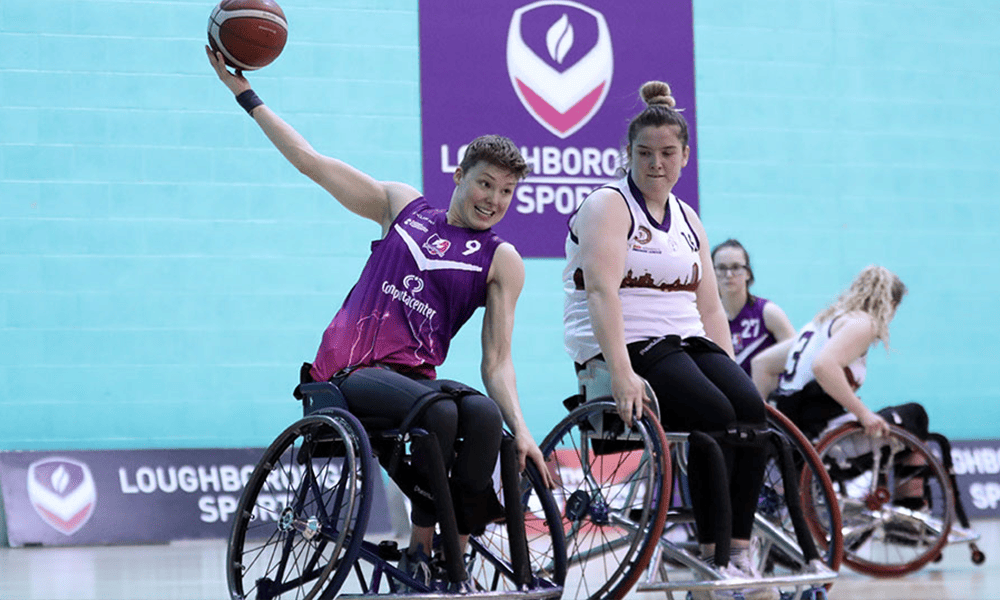August 19, 2022
The NFL, together with the NFL Physicians Society (NFLPS) and the Professional Football Athletic Trainer Society (PFATS) has announced the inaugural class of medical students who will participate in the NFL Diversity in Sports Medicine Pipeline Initiative. Launched in May, the program seeks to increase and diversify the line-up of students interested in pursuing careers in sports medicine, and eventually, to diversify NFL medical staff.
According to the NFLPS, 86% of their members identify themselves as white, with remaining members identifying as 8% Asian, 5% Black and 1% Hispanic. 65% of PFATS members identify as white, 23% as Black, 8% as Hispanic and 4% as Asian. A New England Journal of Medicine study showed that Black medical students make up only 7.3% of the total medical school population in the United States. This figure has risen less than 1% over the last 40 years despite the 13.4% Black population in the United States.
“Increasing diversity across every role in our league and at our clubs is essential. Diversity makes us stronger,” said NFL Commissioner Roger Goodell. “We have an opportunity to help increase the pipeline of diverse sports medicine professionals, which is imperative for us as a league. This initiative is an example of how we can lend our platform for societal benefit. I’m proud that our league can help inspire the next generation of sports medicine professionals.”
Through this program, the NFL, NFLPS and PFATS are not only working to diversify NFL medical staff but also to increase health equity for athletes across the country. The importance of diversity and representation on medical care teams is well-established: diverse medical staff can facilitate improved patient outcomes.

The 14 students selected by their medical schools come from the United States’ four Historically Black Colleges and Universities (HBCU) medical schools, Charles R. Drew University of Medicine and Science, Howard University College of Medicine, Morehouse School of Medicine and Meharry Medical College. The students will complete clinical rotations focusing on primary care sports medicine and/ or orthopedic surgery with the NFL club medical staff later this year. They will be assigned to one of eight NFL clubs, the Atlanta Falcons, Cincinnati Bengals, Los Angeles Chargers, Los Angeles Rams, New York Giants, San Francisco 49ers, Tennessee Titans or the Washington Commanders.
The students’ one-month clinical rotations will begin as the 2022 NFL season kicks off in September. They will work directly with and under the supervision of the orthopedic team physicians, primary care team physicians and athletic trainers to gain basic medical knowledge and exposure to patient care in sports medicine. Additionally, students will become familiar with return-to-play guidelines and on-field treatment considerations for NFL players. By the end of the rotation, they will understand the basic elements of all facets of care provided to NFL players from an orthopedic, primary care sports medicine and athletic training perspective.
“I am thrilled to welcome these outstanding medical students to our clubs this fall,” said NFL Chief Medical Officer Dr. Allen Sills. “This program will be an opportunity not only for these students to learn from NFL club medical staff, but also to develop mentoring relationships that will help them throughout their careers. As we embark on the first season of this initiative, I am hopeful that our efforts to diversify the pipeline of students interested in sports medicine will have long-lasting positive effects on the medical care athletes receive well beyond NFL players.”
The expansion of this pipeline initiative in 2023 will broaden its disciplines beyond primary care sports medicine and orthopedic surgery and recruit students from additional academic institutions and medical disciplines. Some of the roles may include physician assistants, certified athletic trainers, physical therapists, occupational therapists, nutritionists and behavioral health clinicians. These efforts are part of the league’s broader commitment to ensuring that its staff and leaders “reflect the racial and gender makeup of America.”





